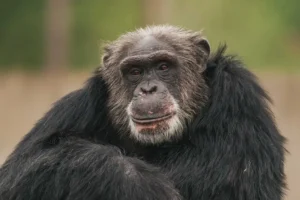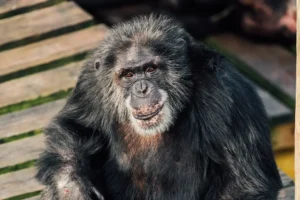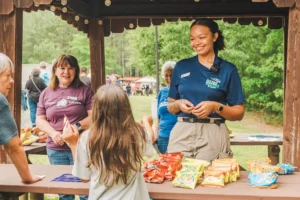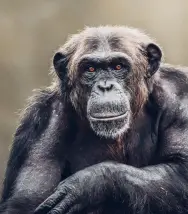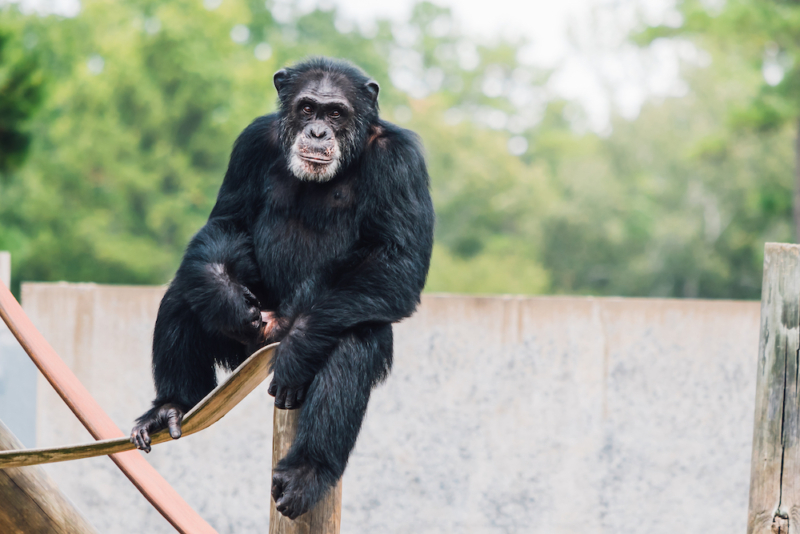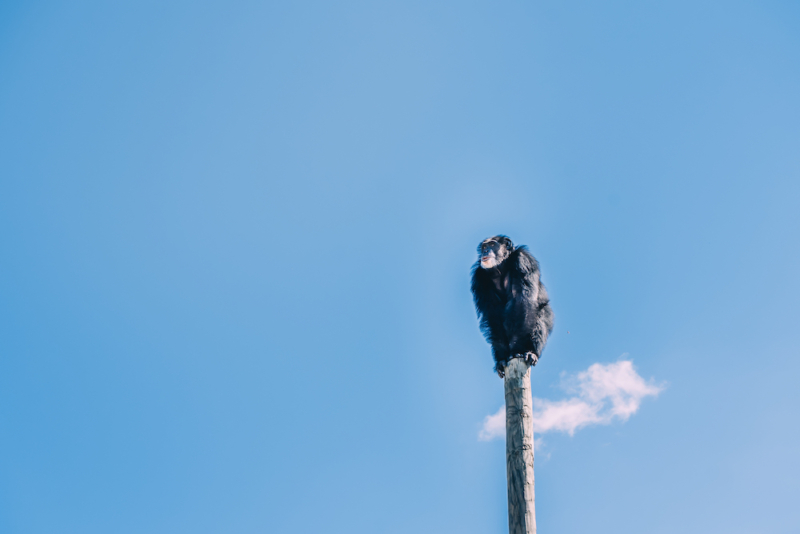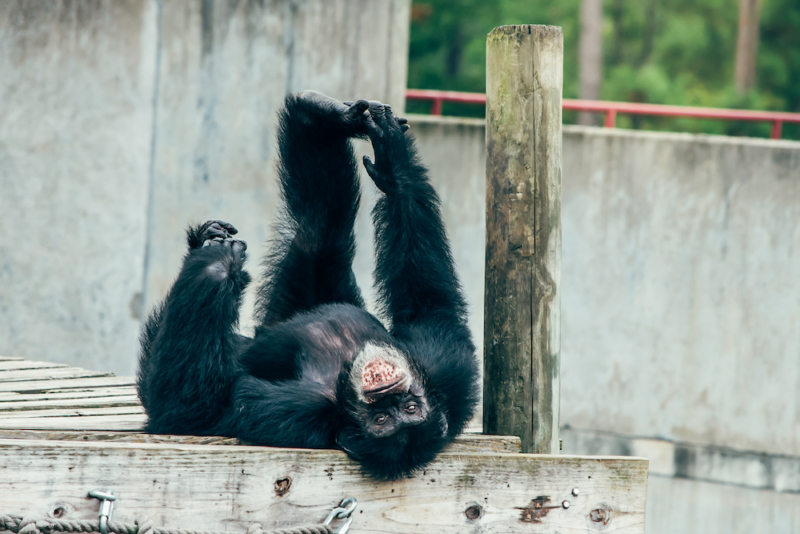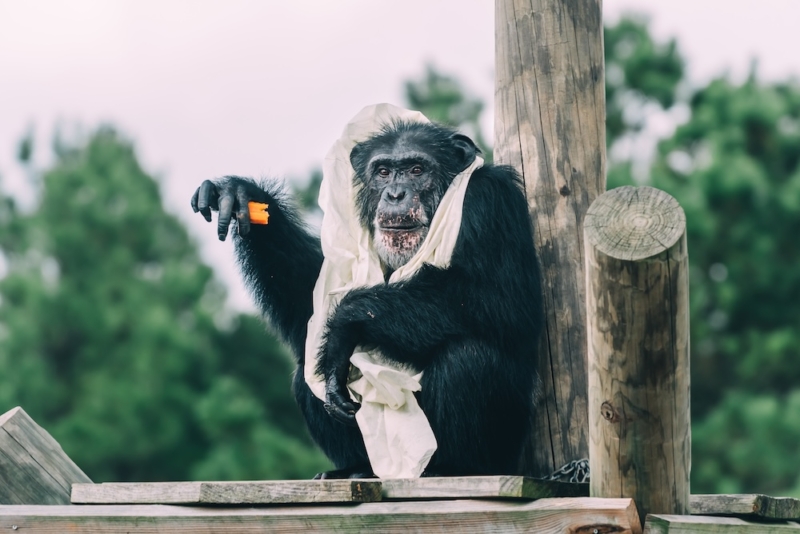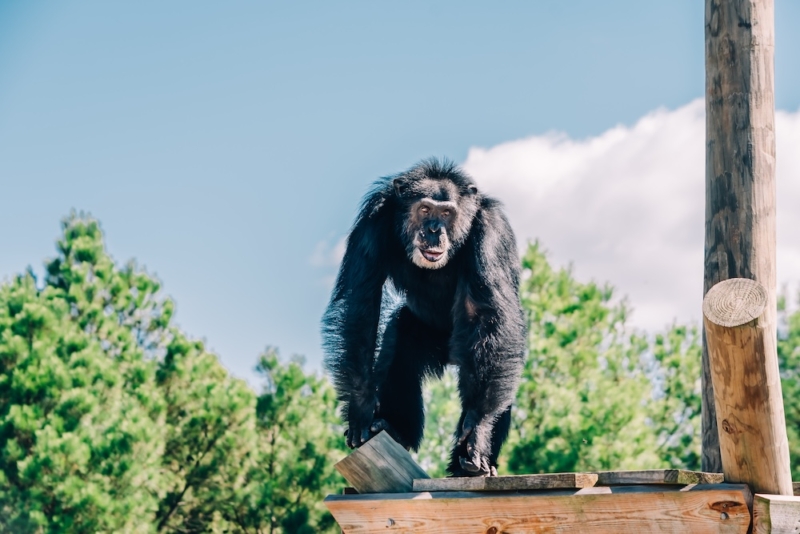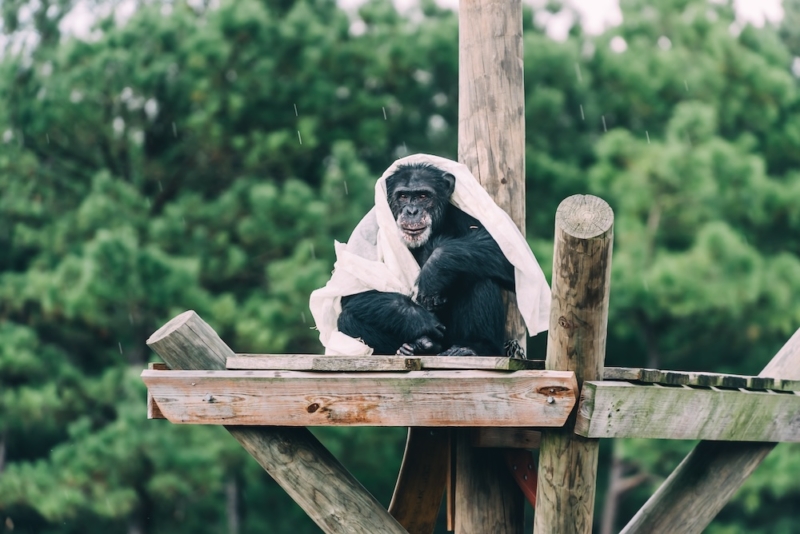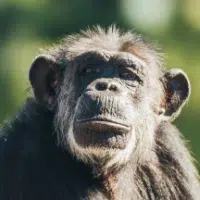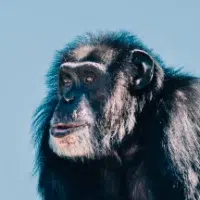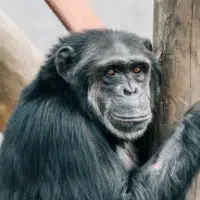Chimps as Pets
At Chimp Haven, we strongly believe that chimpanzees should be able to live their lives with other chimps, in an environment that allows them to exhibit natural chimpanzee behaviors.
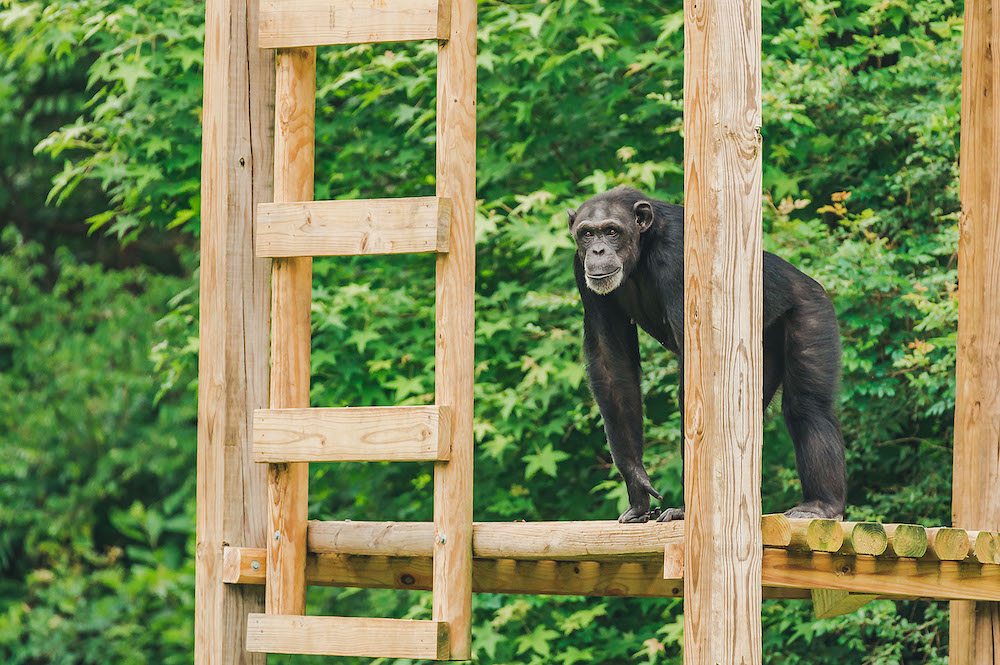
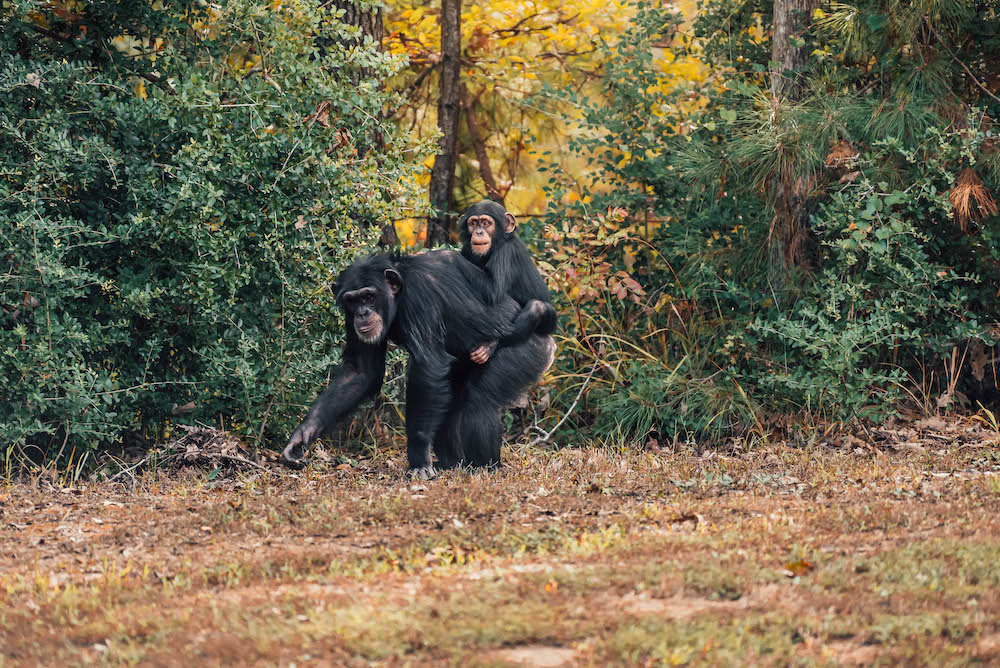
Chimpanzees should never be kept as pets
Chimps are undomesticated wild animals and they do not make good pets. Baby chimpanzees are, of course, incredibly cute, which makes some people believe they can raise them the same way they would a domesticated pet. There are a number of reasons why having a chimpanzee as a pet is incredibly detrimental to the chimpanzee and dangerous to the human owner:
- In many locations having a chimpanzee as a pet is illegal.
- In the wild, chimpanzees stay with their mothers until they are at least five years old and often travel with her until they are young adults. To become a pet, they must be taken from their mothers at a very early age, which often means the mother is killed in order to access the baby chimp.
- Chimpanzee infants are totally dependent on their biological mother and learn life skills from living in their chimpanzee family. When infant chimpanzees are taken from their families, they do not develop species-appropriate social skills, and do not know how to interact with other chimpanzees.
- By the age of five a chimpanzee has usually grown too strong for a human to handle. A mature chimpanzee possesses 5 – 6 times the strength of a human!
- When chimpanzees reach sexual maturity, their natural instincts to climb the dominance hierarchy emerge, which leads to aggression.
- Feeding and housing a chimpanzee appropriately is very expensive. The cost of care at Chimp Haven is $25,000 per chimp, per year.
- Veterinary care for chimpanzees is very complex, specialized, and difficult to find.
- In captivity, chimps live for a long time – upwards of 60 years – which means a lifelong plan is needed for their care, even after their human owner passes away.
- When a human owner realizes they cannot appropriately care for the chimp, it’s difficult to find a place for them to go. Zoos often cannot take the chimp since they were never taught proper chimpanzee social behaviors.
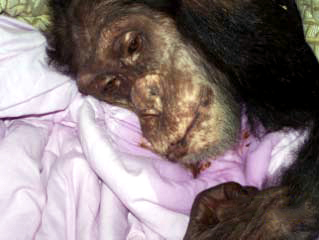
Henry’s Story
Henry was rescued in 2009 when animal control officers found him in a rusty cage in a garage in Houston, Texas. He was alone and surrounded by filth. For 15 years, he had existed like this, living as a “pet.” It was reported that in his early years he was moved from owner to owner and was known to have been badly abused.
Henry’s chance for a new life arrived when he was rescued. Severely underweight and malnourished, various animal welfare partners in Houston worked intensively on Henry’s recovery. From the start, they could see he was friendly and liked people—a miracle in light of what he had suffered throughout his life.
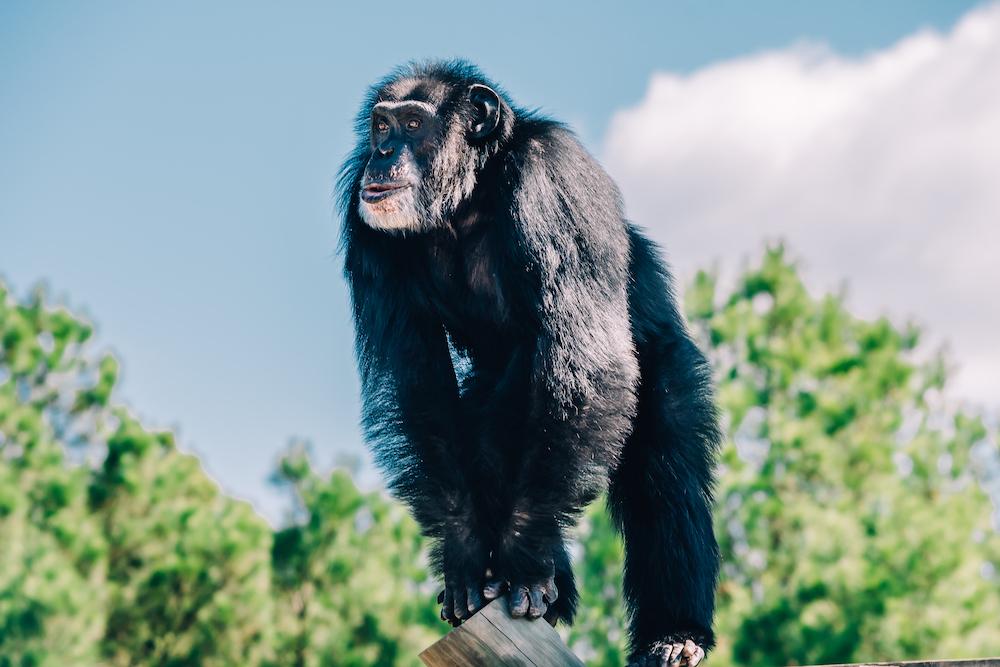
After a few months of rest and veterinary care, Henry was ready for the next phase of his recovery. He was driven to his new, permanent home–Chimp Haven.
Integrating Henry into the chimpanzee population at Chimp Haven took months. The fact that Henry had never socialized with other chimpanzees meant that he had to be slowly introduced to other chimps. The process, very carefully choreographed, was arduous. Having been socialized by humans, Henry did not know how to act like a chimpanzee.
Fortunately, his new family members were patient and continue to mentor him. And now, Henry is experiencing life as he was meant to – as part of a chimpanzee family.


